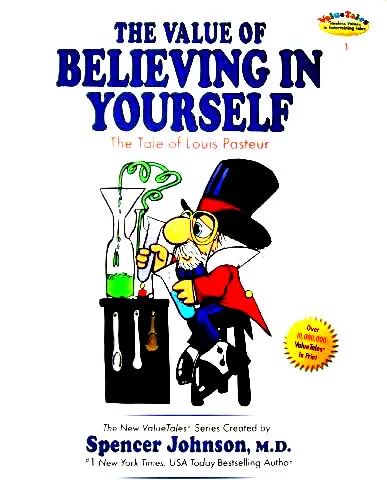
When I was a kid I had a series of books about famous inventors. Amongst these books was the Story of Louis Pasteur. This book was my first introduction to the word vaccine. Today vaccines are in the news daily.
The Rabies Challenge:
At the end of the 19th century, rabies was a big problem for people and animals, and there were few effective cures. Pasteur saw the importance of finding an answer quickly, so he set out on a groundbreaking journey to fight this deadly disease.
The Making of the Rabies Vaccine:
Based on his study in microbiology and vaccination, Pasteur came up with a new way to fight rabies that was ahead of its time. He tried to weaken the rabies virus, making it less dangerous but keeping its ability to make people immune to it. Through careful work in the lab and tests on animals, Pasteur was able to make a vaccine that could protect people from getting rabies.
August 20th, 1882:
On August 20, a big day in the history of medicine, Louis Pasteur gave a nine-year-old boy named Joseph Meister the first successful rabies vaccine. A dog with rabies had badly hurt the boy, and the boy’s family turned to Pasteur as their last chance. Pasteur gave the vaccine to Joseph with great care and accuracy. This was an important step in preventing and treating rabies that had never been taken before.
Success and Validation:
After getting Pasteur’s vaccine, Joseph Meister’s amazing recovery put the importance of success on the world stage. The success of the treatment showed how well vaccinations work and solidified Pasteur’s reputation as a great scientist. Pasteur’s work on the rabies vaccine not only saved a lot of lives but it also laid the groundwork for modern immunology and vaccine research.
Long-term Effects:
The success of the rabies vaccine had effects that went far beyond the medical community. Pasteur’s work allowed vaccines to be made against other contagious diseases. This started a new era in public health. His innovative approach to vaccination led to more progress in immunology and inspired generations of researchers to find ways to avoid a wide range of diseases.
History and Awards:
Louis Pasteur’s work on the rabies vaccine is forever linked to his reputation as a leader in science and medicine. Many people praised Pasteur’s work, and he went on to found the Pasteur Institute, a well-known place that does study and works to improve public health. Today, his name goes on in the ideas and methods of modern immunization, which save lives and keep communities safe all over the world.
Pasteur’s great work changed immunology and ushered in a new disease-prevention era. His contributions to the field of vaccination are still being felt today. They tell us how scientific progress can change the world and how much one man’s determination to fight infectious diseases can do.

